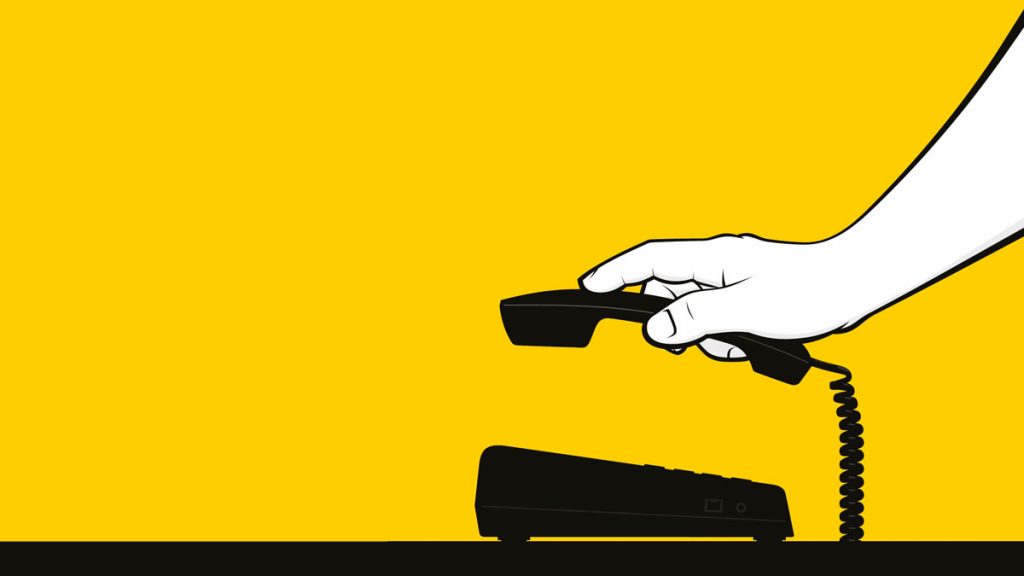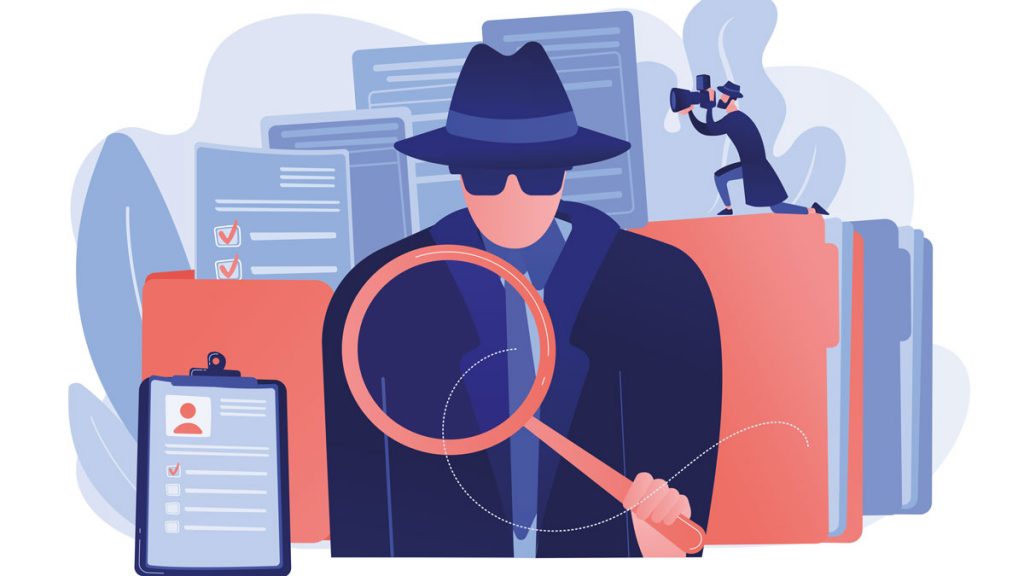What is anonymous reporting?
Anonymous reporting is a process whereby people can submit a whistleblowing report without revealing their identity. To secure the anonymity of the whistleblower, companies need to guarantee that the reporting person can’t be identified by personal attributes (such as the working department, IP address, telephone number, voice, writing style, etc.). Also, all data transferred by the person should be processed and stored in an encrypted way.
What is a reporting channel?
Worldwide, many companies provide their employees, suppliers, shareholders etc. with various reporting channels to enable them to submit reports confidentially and securely. Here, a distinction is made between internal and external reporting channels: The employee is either given the opportunity to report to a responsible person within the company or they can choose the external route and report to ombudsmen or authorities.
The internal channels that are available are letter, fax, email, a telephone hotline and web-based whistleblowing systems. The latter has the advantage that reports can be submitted securely and anonymously. The reporting channels often flow directly to a reporting office, which may be part of the Compliance department or the Human Resources department, or flow directly to Management.
The success of a reporting channel depends, among other things, on how actively it is communicated and how easily it can be accessed. It is important to ensure that reports can be submitted from anywhere and at any time, so that international employees have the opportunity to submit reports as well.
However, according to the new EU Whistleblower Protection Directive, whistleblowers should be able to make the report or information public as a last resort if all other reporting channels fail to produce results. Examples of this are Internet platforms or social media, or communication to the media, public officials, civil society organisations, etc. This could be considered if the whistleblower has not received appropriate feedback from the reporting office within the expected period of three or six months.
What are the arguments in favor of anonymous reporting channels?
It’s better for the whistleblower
Anonymity helps to lower the inhibition threshold for whistleblowers. As a rule, it is the first and only time that an employee will need to make a report and there is of course a lot of uncertainty. They might fear reprisals, so speaking out is a really brave step to take.
Research suggests that whistleblowers prefer an anonymous channel. According to the Whistleblowing Report 2021, for companies that provide the option of reporting anonymously, around half of initial reports were submitted anonymously.
Giving people the option to remain anonymous when raising their concerns will help build trust in your whistleblowing process. It tells people that addressing an issue is more important than identifying someone.
Whistleblowers often identify themselves later on
According to the previous edition of the Whistleblowing Report released in 2019, one third of people who chose to submit their report anonymously also chose to disclose their identity during the subsequent investigation, demonstrating that people become more comfortable once trust is established.
It’s better for the company
If a whistleblower fears retaliation and reprisals, it stands to reason that they are less likely to report. The company then loses out on potentially crucial information and any damage can be significantly greater for the company. Allowing anonymous reporting breaks down barriers, encourages the widest number of people to come forward, and therefore offers companies the greatest degree of protection from risk.
It doesn’t lead to abusive reports
A frequently voiced reservation about anonymous whistleblowing systems is the fear that they may be misused by whistleblowers, for example to make false or defamatory reports that are intended to harm individual employees or the company. Statistical evaluation detailed in the Whistleblowing Report 2021, however, indicates that anonymous whistleblowing has no influence on the proportion of abusive reports.
A system which guarantees 2-way communication while protecting anonymity is now available
When establishing a whistleblowing channel, companies have a wide choice of reporting channels to consider. Postbox, email inbox or telephone channels are certainly the quickest and cheapest channels to set up, but – while anonymity for the whistleblower using these channels is not impossible – it cannot be guaranteed. In the case of a postbox, whistleblowers might need to think overly carefully about when during the day they post their letter so that they remain unseen. Emails can be tracked and voices can be recognized on the phone.
However there are now new digital whistleblowing tools on the market which protect whistleblower identities and allow for 2-way follow-up communications. These systems also make it possible for whistleblowers to send supporting files and documents securely, should the persona handling the report require additional supporting information.
Anonymous reporting channels in the context of the EU Directive
Should I implement anonymous reporting channels although the new EU Whistleblower Directive will provide a better protection for whistleblowers?
While the new EU Whistleblower Protection Directive does not specify how companies should treat anonymous reporting, it makes clear that companies must keep the identity of the whistleblower confidential (and will face sanctions if this is breached).
My clear recommendation is to opt-in for a anonymous reporting channel. Although the EU Whistleblower Directive protects whistleblowers from disadvantages, such as dismissal or degradation, there is no safeguard against “soft” negative consequences – the looks in the office corridor or not being invited to have a beer after work anymore. No directive or law can protect a whistleblower from that – but anonymity can. Until we experience a comprehensive cultural change, where whistleblowers are no longer seen as traitors but as “heroes”, anonymity will remain extremely important as additional protection.
Guide to the Introduction of Whistleblowing Systems
How to successfully implement a whistleblowing system in your organisation.









